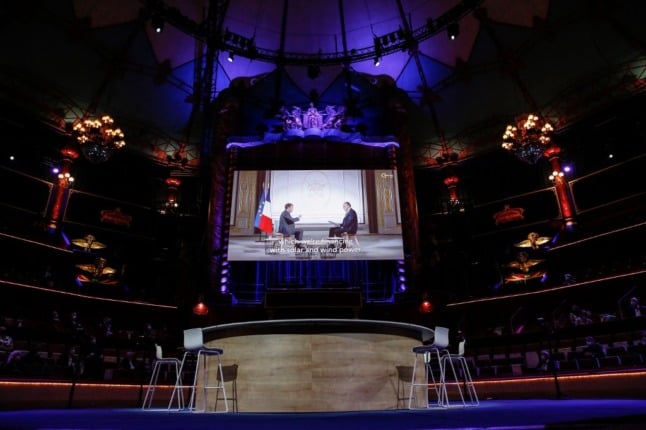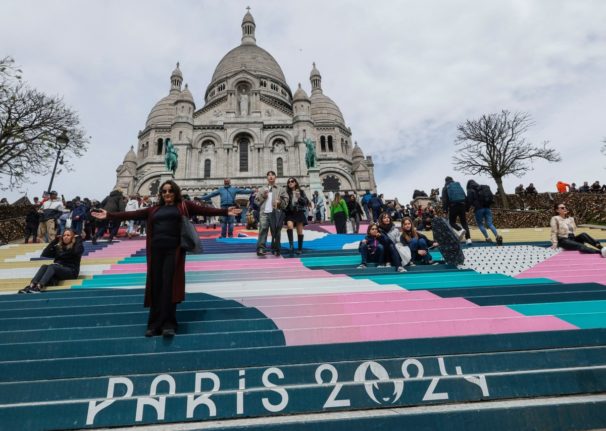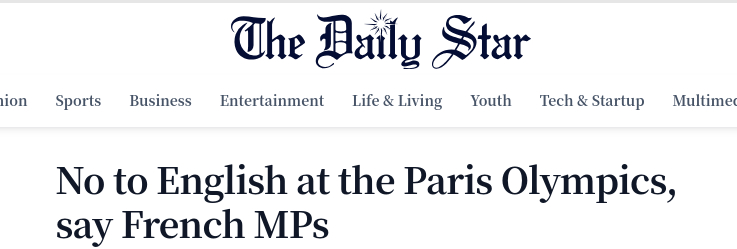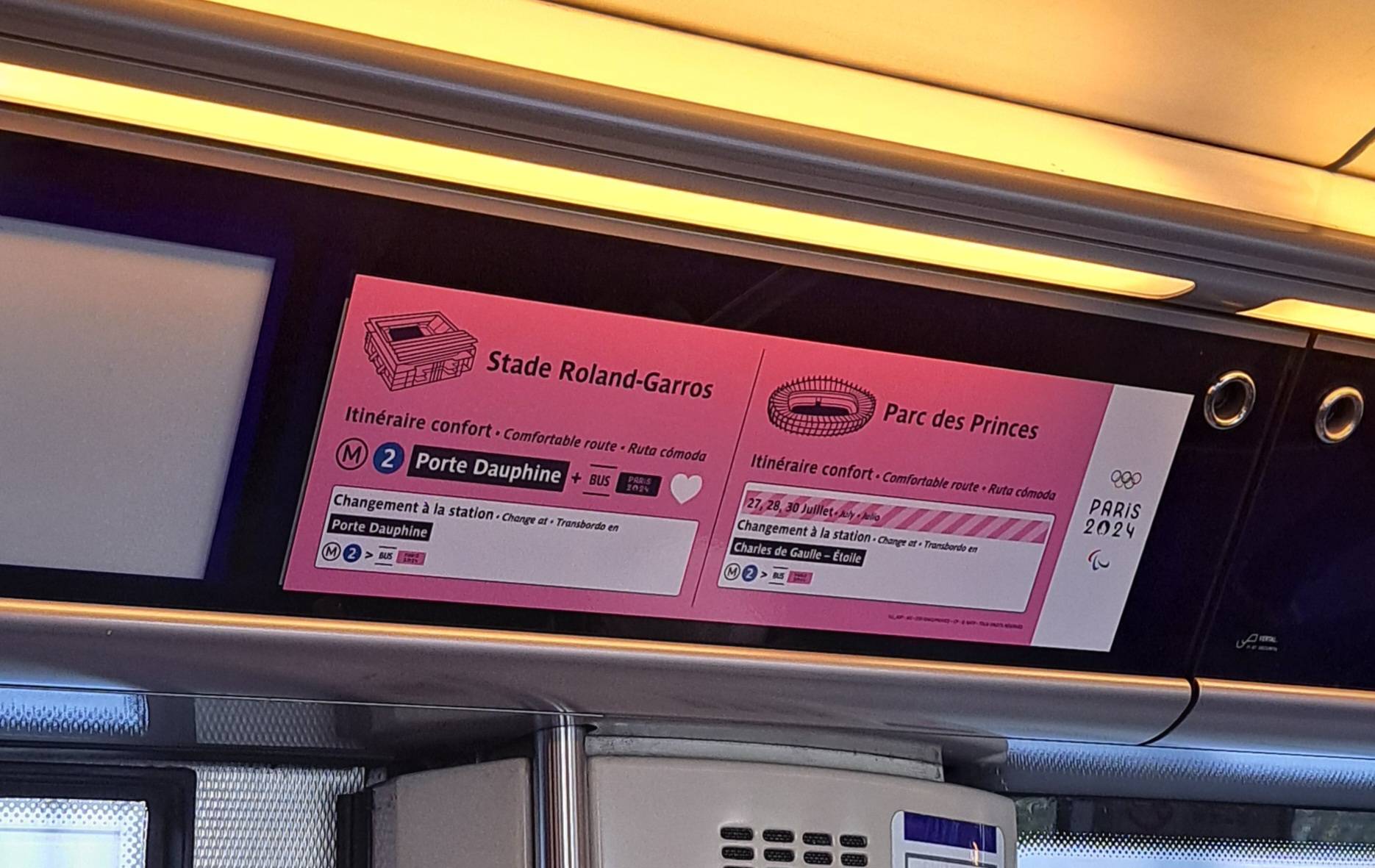The panel, announced by President Emmanuel Macron in late September, includes 15 experts from various fields who were asked to produce a report by the end of the year on how to combat conspiracy theories, disinformation and online hate speech.
Professor Guy Vallancien, a urologist with celebrity clients, said he was resigning from the commission after a “shameful, appalling and untruthful smear campaign”.
“I decided to leave and I told the president’s office. I could have stayed but it would have created tensions within the commission and there’s no point. There were no good solutions,” he explained.
Vallancien’s nomination had been publicly criticised by famed French whistleblower Irene Frachon who helped to reveal deaths linked to a popular weight-loss and diabetes pill called Mediator which was sold for decades in France.
Frachon accused Vallancien of being one of a number of high-profile doctors who had “over many years tried to discredit, play down or even deny the seriousness of the human costs of Mediator”.
Marianne magazine also revealed how he was recently sanctioned for issuing a false medical certificate, while L’Express magazine reported how he was director of a medical school embroiled in a scandal over the neglect of human bodies donated for research.
Vallancien denied any responsibility for the scandal at the Universite Paris-Descartes, which emerged in 2019.
The conspiracy commission is being chaired by well-known sociologist Gerald Bronner, who has linked his task of producing a report to the government’s desire to combat disinformation about Covid-19 vaccines.
“I have the impression that this decision (to create the commission) is because the president is particularly vigilant about the problem of the anti-vaxx movement,” he told L’Express.
Macron is also known to be worried about the impact of online disinformation ahead of the presidential and parliamentary elections next year.
Last year, he warned that Russia was “going to continue to try to destabilise” Western democracies, following allegations of interference from Moscow in the last polls in 2017, which Russia has denied.





 Please whitelist us to continue reading.
Please whitelist us to continue reading.
Member comments